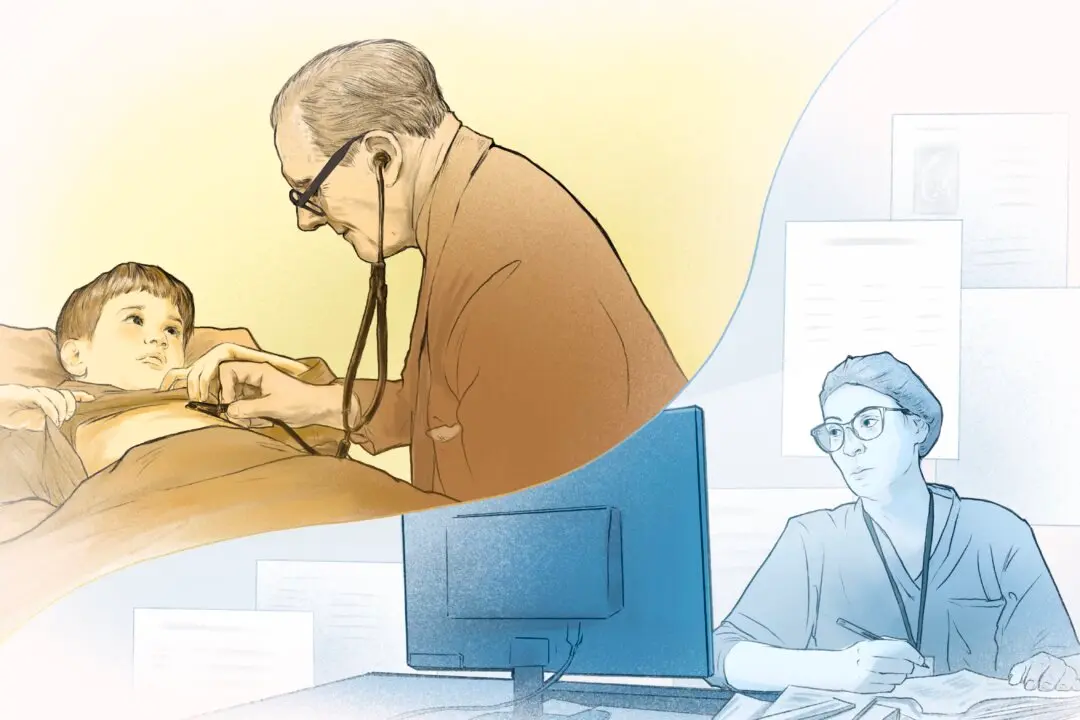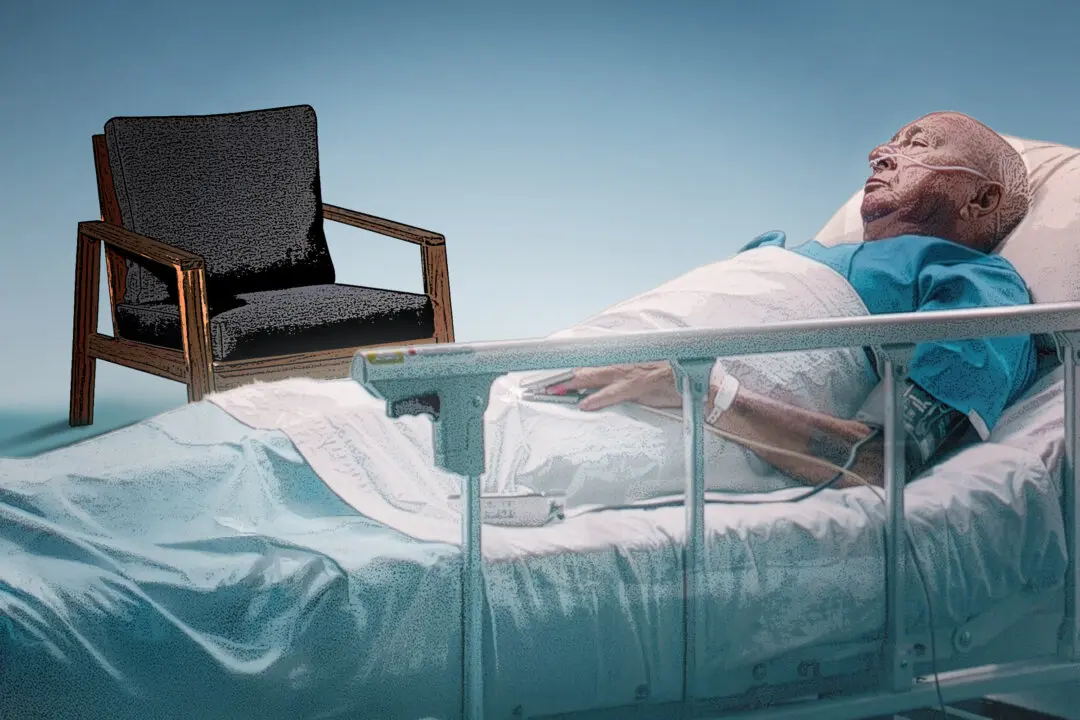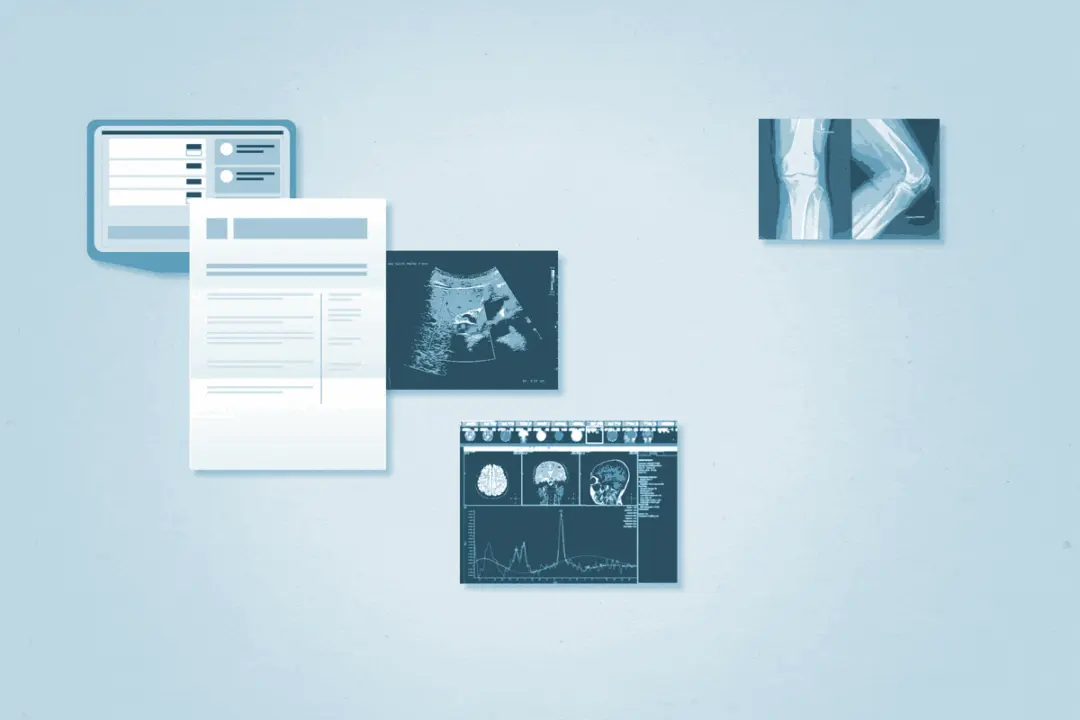Most patients worry about surgical errors or misdiagnoses, but Dr. Marty Makary, a surgeon and professor at Johns Hopkins University, says the bigger, hidden risk is how doctors think.
In his new book, “Blind Spots,” Makary suggests that cognitive dissonance keeps doctors clinging to outdated practices and prevents the medical field from adapting to new evidence, resulting in treatments that can be ineffective or even harmful.






